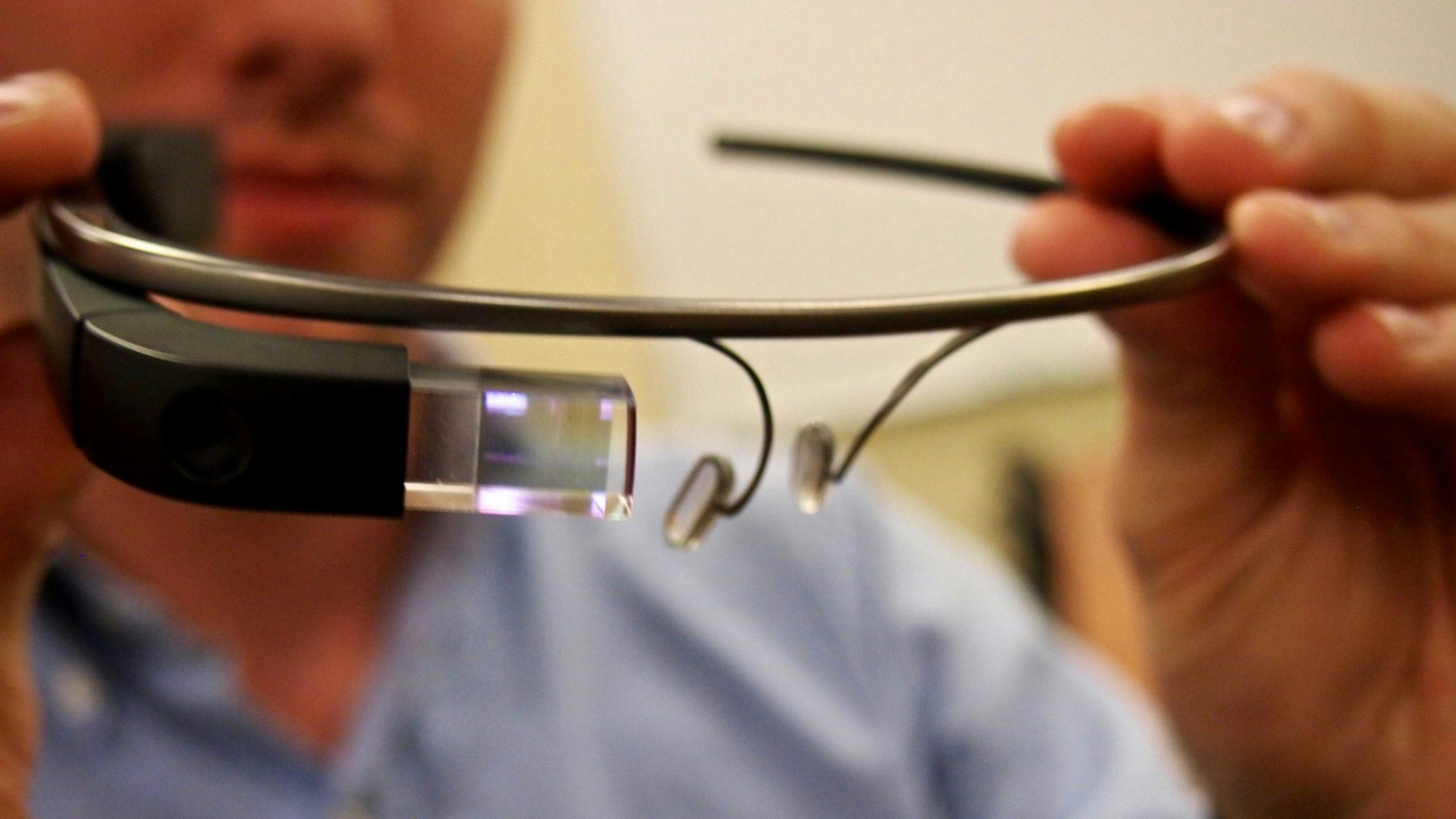
If we expect tech to fix our society, who will fix our tech?
The other part of last week’s post that I didn’t touch on was the issues I have, often raised by Evgeny Morozov1, with the moral implications of any single piece of technology and more importantly, the collective impact of our technologies combined. In the particular case of the digital cup, the moral trade-off might be worth it.
A suggestion raised on Facebook was we as human may simply not have the cognitive bandwidth to gather all the information we need to eat healthy, and that offloading it to a device like this will confer more benefits than problems. I’m not sure if I’m convinced that’s better than reforming our food systems. It’s certainly easier, but if we believe our social obesity or health issues are solvable via individual technology, then we become incapable of dealing with problems on a social level. We can’t (or won’t) reform our food systems if we think better tracking solves the problem.
More generally, these are the questions we don’t ask ourselves when we adopt technology like this. What are we getting? What are we giving up? What cognitive and moral instruments get blunted when we make these trade-offs?
And I don’t mean the handwringing of concerned parents over their children’s use of social media, or the plight of the Disconnectionists, but the deeper loss of our own collective ability to solve problems when we turn over certain decision-making to devices. If we can’t decide for ourselves what food to eat or what to drink, how are we expected to tackle global warming, for example?
More importantly, when we expect technology to solve our bigger problems, the problems that get solved by technology are those experienced by a very particular group of people2. Technology is increasingly being used to the solve the problems of technologists. For all the talk of the web as a means of democratization, technology still comes embedded within it the power structures of society as a whole. It’s developed by white men for white men, and we’re not going to work on wider-impact problems if we turn that process over to this small elite group.
The experiences of the technorati are not the same as the rest of society. Who’s problems are being solved exactly?
